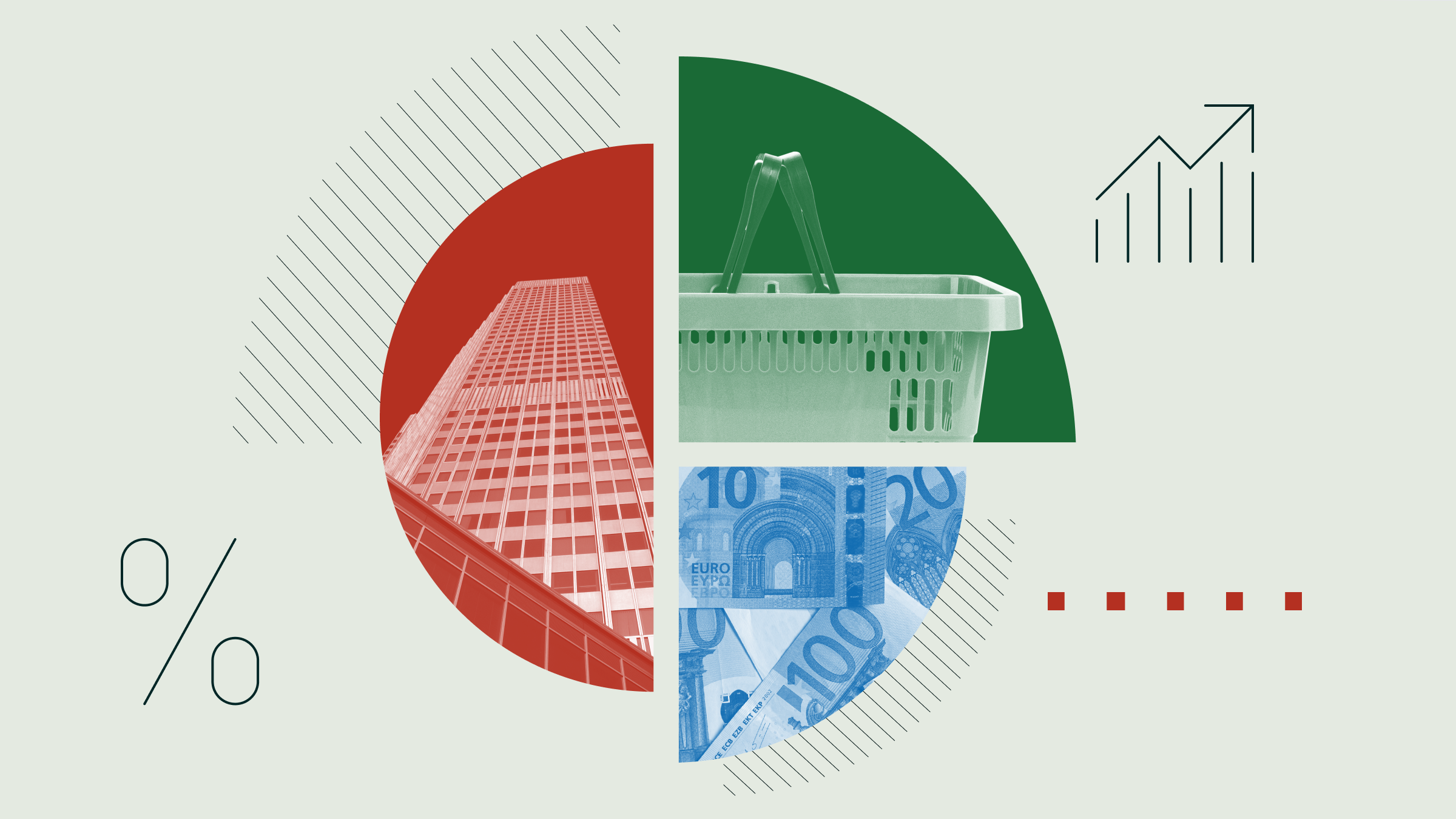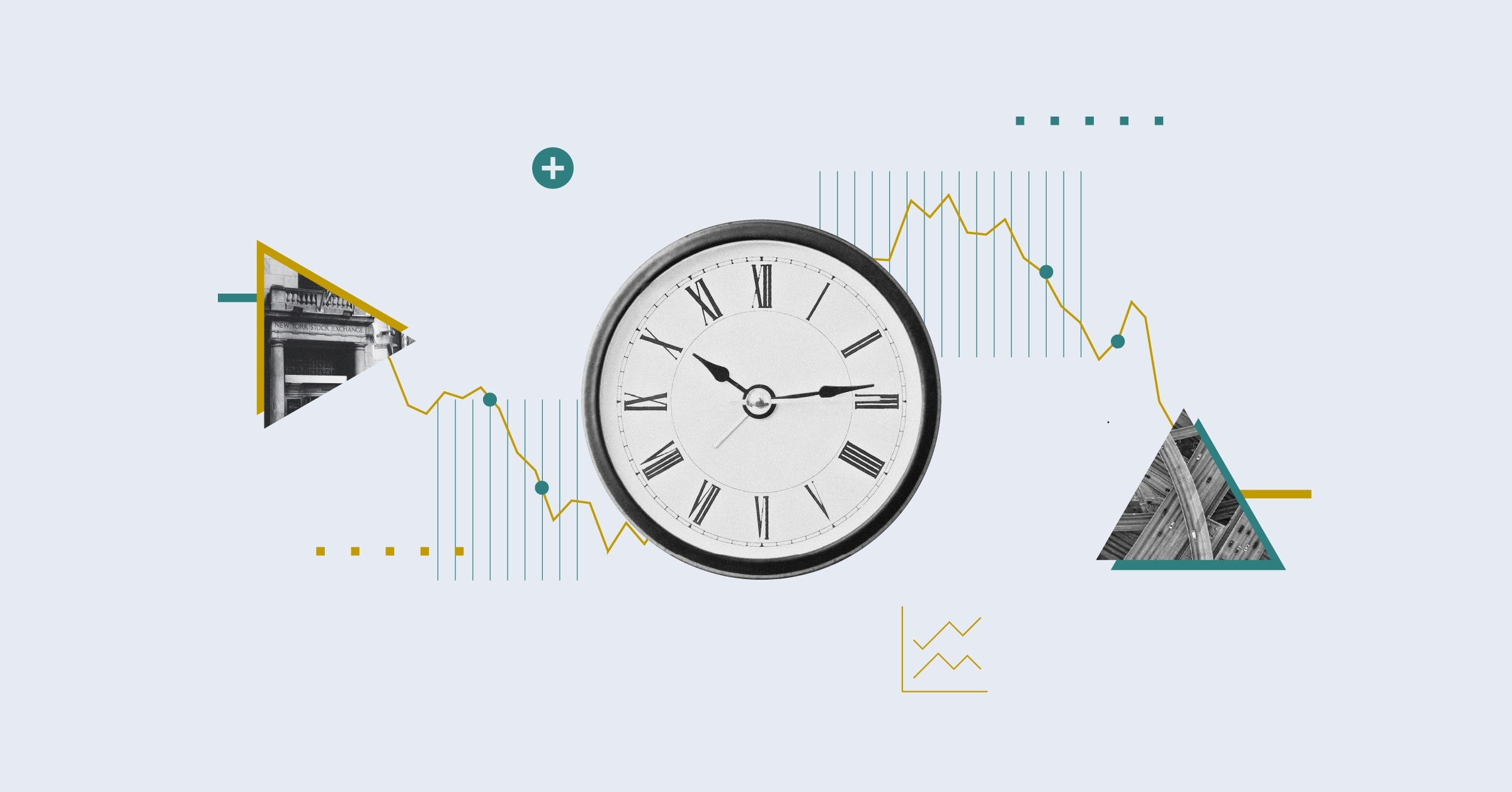Rolle im Portfolio
iShares Euro Corporate Bond Ex-Financials 1-5 ETF offers investors exposure to the market of investment grade-rated euro-denominated corporate bonds issued by industrial and utility companies with maturity between one and five years.
Investors are usually attracted to investment-grade corporate bonds for the higher yields they offer relative to government bonds of similar rating and for their notional lower-risk profile relative to equity holdings. By excluding financial debt and limiting the duration of the holdings, this exchange-traded fund provides exposure to the less risky end of the corporate bond market.
This ETF can work as a core fixed-income building block in a euro-centric investment portfolio. However, the ETF’s sector and maturity limitation to the short- and medium-dated segments of the market will effectively curb yield pickup relative to ETFs offering broad exposure to the corporate bond market.
This ETF can also play a tactical role as a duration-management tool in euro-centric portfolios. In particular, the ETF could be used to implement duration-shortening plays at times of rising interest rates. This would be better suited for investors with an ability to monitor economic developments and their implications for European Central Bank monetary policy.
Fundamentale Analyse
Investor interest in the corporate bond market has grown substantially since 2008. Yields have come down across the maturity and credit spectrum, prompting a substantial compression of spreads relative to government bonds. Bonds issued by financial corporations usually have the highest credit spreads, followed by industrial and utility.
The increase in interest in corporate bonds has taken place against a backdrop of increased market issuance. Initially prompted by the impairment of traditional banking lending channels in the eurozone post-2008, corporations now continue to take advantage of the low-yield environment to keep raising funds by means of bond issues.
Demand for corporate bonds is expected to remain on a strong footing for the foreseeable future, not least given the ECB’s supportive policy of the “search for yield” investment theme. In March 2016, the ECB announced an expansion of its monthly assets purchases programme, both quantitatively from EUR 60 billion to EUR 80 billion per month, and qualitatively, with the inclusion of non-bank eurozone investment-grade corporate debt.
This is expected to provide support to the entire corporate bond market, irrespective of sector. In addition, the low-yield environment is likely to continue keeping a lid on what is already a historically low rate of defaults for corporate bond issuers. Indeed, ultralow interest rates incentivise the restructuring and rollover of debt to longer maturities.
Although this ETF tracks an index that excludes bonds issued by financial corporations, it is worth noting the efforts undertaken by the ECB to keep the interbanking market rolling, as this has an impact on financing dynamics for the corporate world as a whole. In particular, the ECB remains committed to the provision of liquidity to the eurozone banking sector at very favourable conditions. Besides, within the framework of the eurozone banking union, the ECB has become the supervisor of a bank’s financial stability.
This general backdrop allows for steady above-average euro-denominated corporate-bond issuance for a protracted period. In the long run, however, investors have to factor in expectations for bank lending to normalise and the eurozone economy to strengthen. In that situation, talk of a change in the eurozone monetary policy could trigger mean-reversion to an environment to higher yields and, also likely, lower bond issuance.
Indexkonstruktion
The Barclays EUR Corporate Bond Ex-Financials 1-5 Index measures the performance of fixed-rate investment-grade euro-denominated corporate bonds from industrial and utility corporations issued in the eurobond and eurozone markets irrespective of issuing country. The index only considers issuances with maturity of at least one year and up to, but not including, five years. Bonds with equity-type features as well as floating-rate notes and private placements are excluded. Eligible bonds must have a minimum time to maturity of one year and a minimum outstanding of EUR 300 million. The relatively low minimum outstanding allows a broad geographical diversification in terms of issuers. There is no limit on the number of bonds eligible for the index. The distribution by sector is roughly 85% in industrials and 15% in utilities. Bonds are priced daily by Barclays Capital traders or third-party vendors. Analytical values are calculated daily on bid prices as of 16:15 London time. The index is rebalanced monthly on the last business day of the month. Income arising from coupon and redemptions is held in the index as non-invested cash until rebalancing when it is then reinvested in the index.
Fondskonstruktion
IShares uses physical replication to track the performance of the Barclays EUR Corporate Bond Ex-Financials 1-5yr index. This is a euro-denominated ETF that distributes dividends on a semiannual basis, with historical data already showing a Jan-Jul payment pattern. IShares uses stratified sampling to construct the fund. The index is broken down into sections, each representing key risk factors such as duration, currency, country, rating, and sector. The managers then choose bonds included in the index that mimic the risk profile of each section. The aggregate result is a portfolio that represents the index’s overall risk profile while allowing the ETF manager to avoid purchasing bonds that suffer from illiquidity. According to our research, the extent of sampling for this ETF has tended to be very limited. The ETF regularly holds a similar number of components as the index. IShares engages in securities lending with the holdings of the ETF. BlackRock acts as investment manager on behalf of iShares. The ETF can lend out up to 100% of net asset value. The average on loan for this ETF in the 12 months to the end of March 2016 was 5.7% for a return of 1 basis point. Lending operations are backed by taking UCITS-approved collateral greater than the loan value and by revaluing loans and collateral on a daily basis. The collateral is held in a ringfenced account by a third-party custodian. The degree of overcollateralisation is a function of the assets provided as collateral but typically ranges from 102.5% to 112%. Lending revenue is split 62.5/37.5 between the ETF and BlackRock, respectively.
Gebühren
The annual ongoing charge is 0.20%. This is average for ETFs offering exposure to the euro-denominated corporate bond market, irrespective of maturity segmentation. Additional costs potentially borne by investors and not included in the ongoing charge include bid/offer spreads and brokerage fees when buy/sell orders are placed for ETF shares. There are also rebalancing costs whenever the index changes composition.
Alternativen
As of this writing, there is no like-for-like alternative to the iShares Euro Corporate Ex-Financials 1-5y ETF. There are a number of ETFs providing exposure to the euro-denominated corporate bond market, with the exclusion of financial debt. However, they all cover the entire maturity spectrum.
Amongst these, the most popular in assets under management terms is iShares Euro Corporate Bond ex-Financials (physical; ongoing charge 0.20%). Lagging in AUM we find Deka iBoxx EUR Liquid Non-Financials Diversified UCITS (physical; 0.20%), and Lyxor Euro Corporate Bond ex-Financial (synthetic; 0.20%).
Investors happy to include financial debt exposure but not wanting to compromise on the maturity of their holding may also consider the iShares BarCap Euro Corporate 1-5y ETF (TER 20%).

















